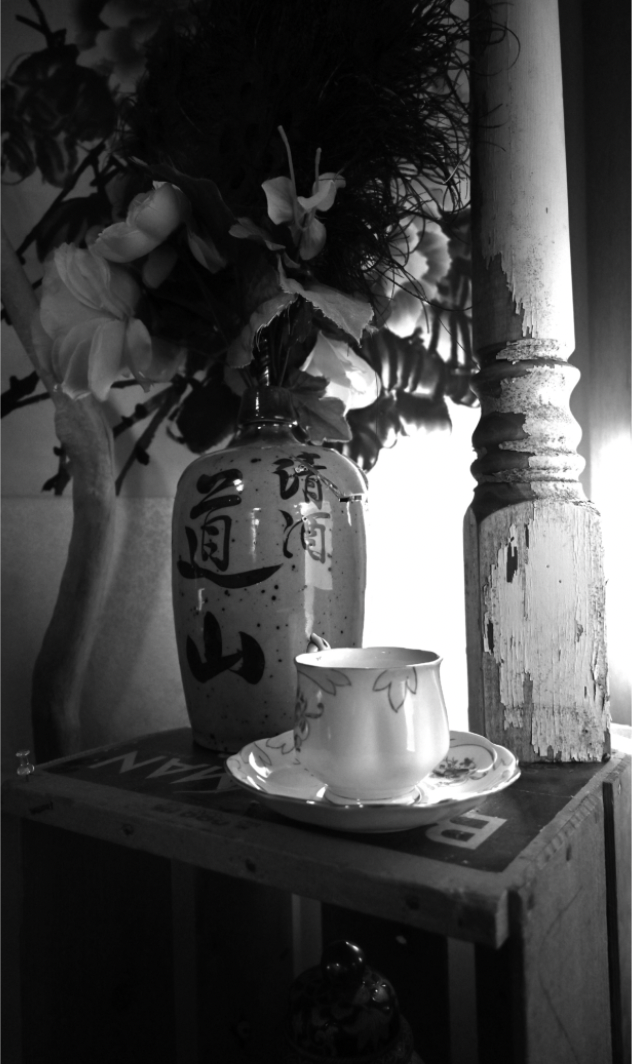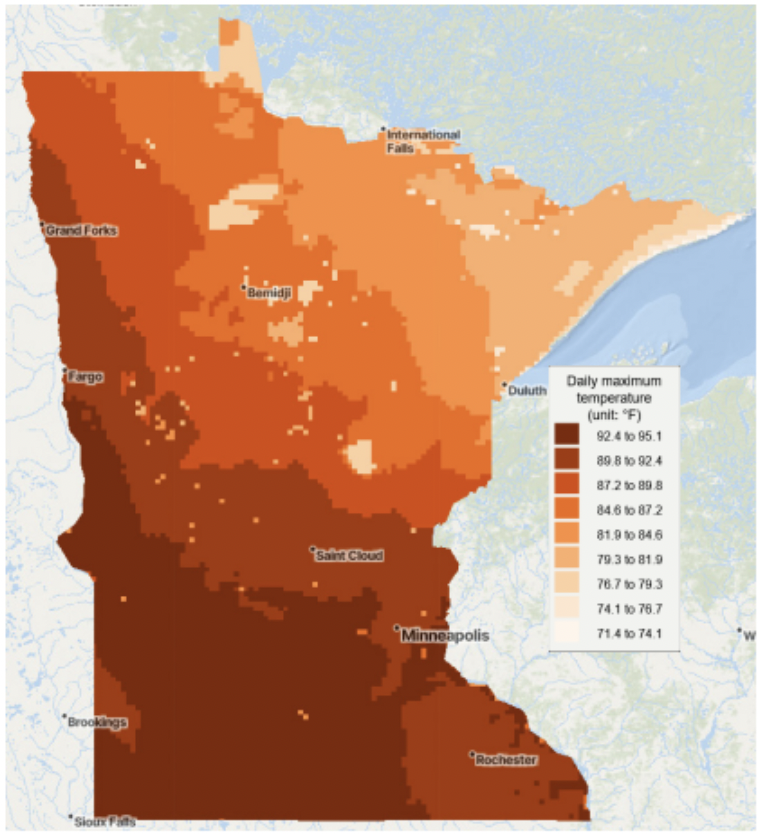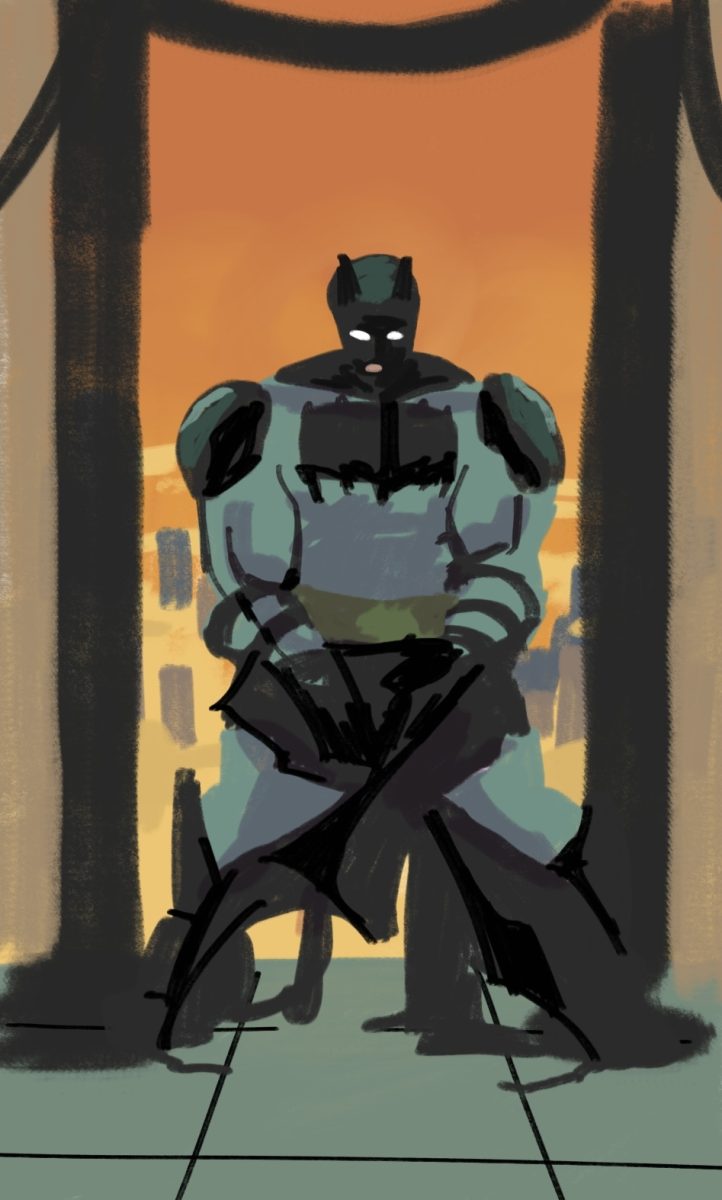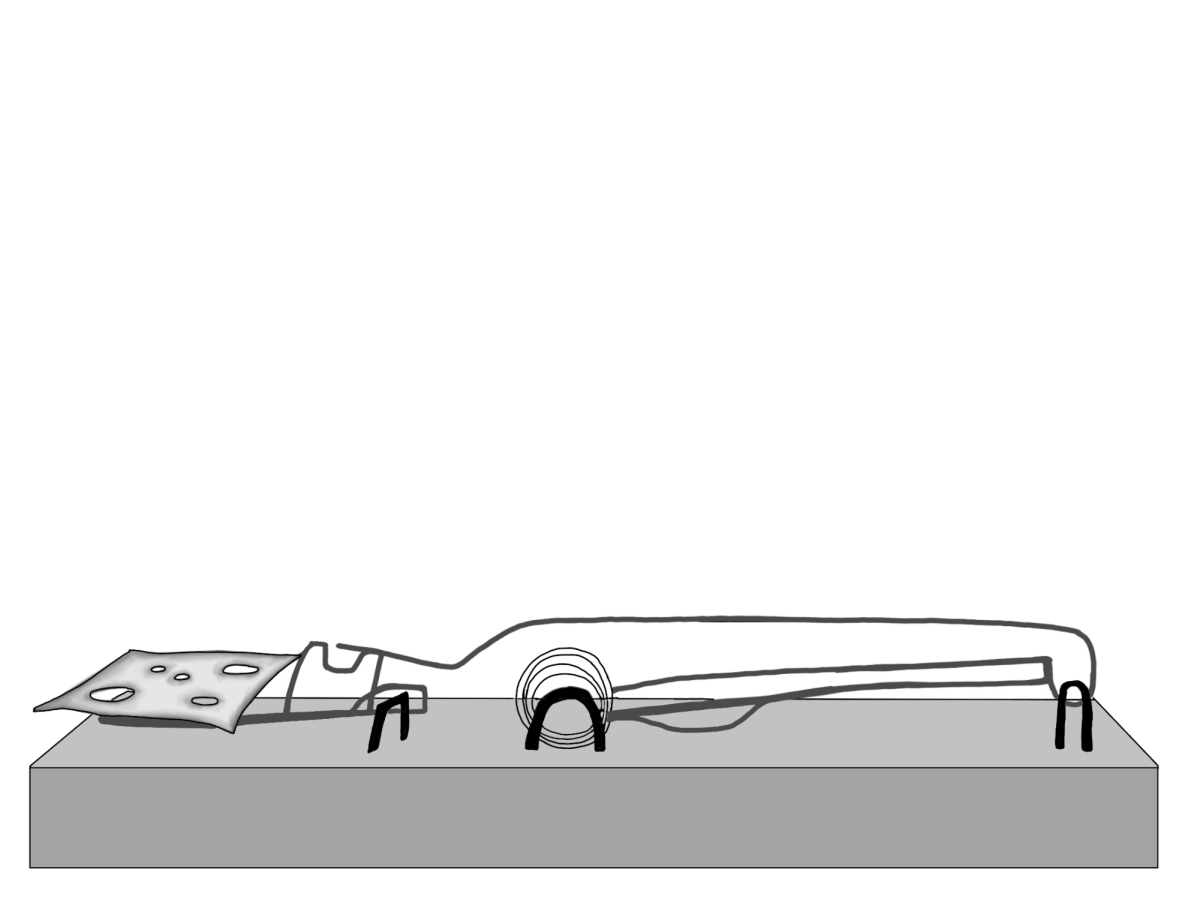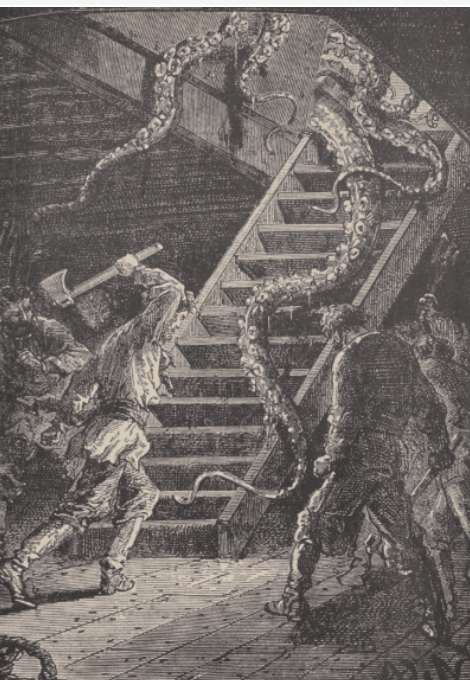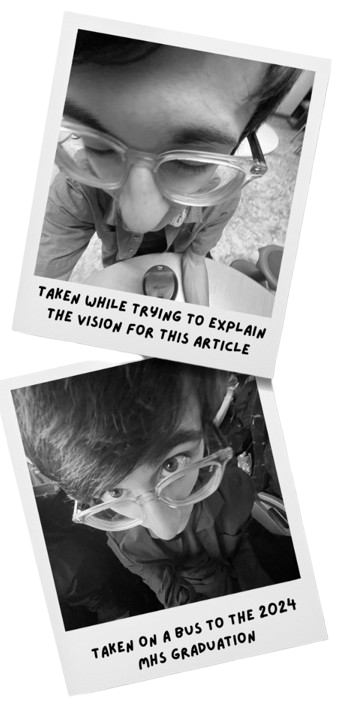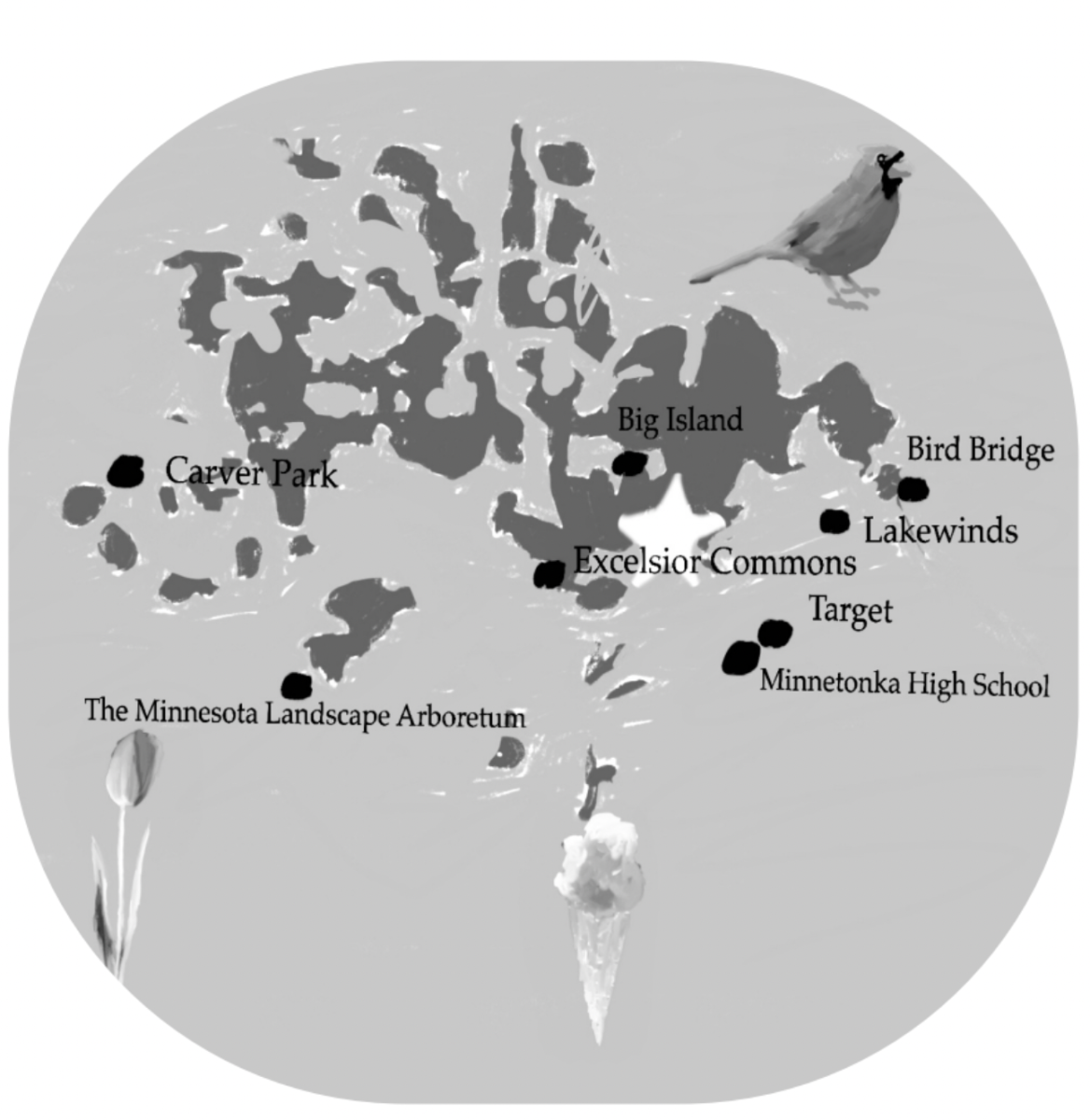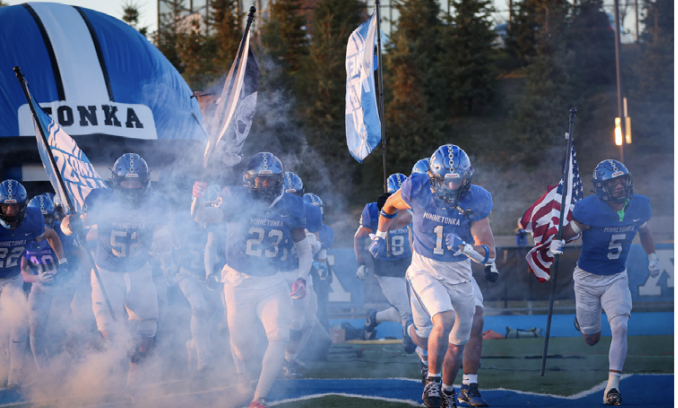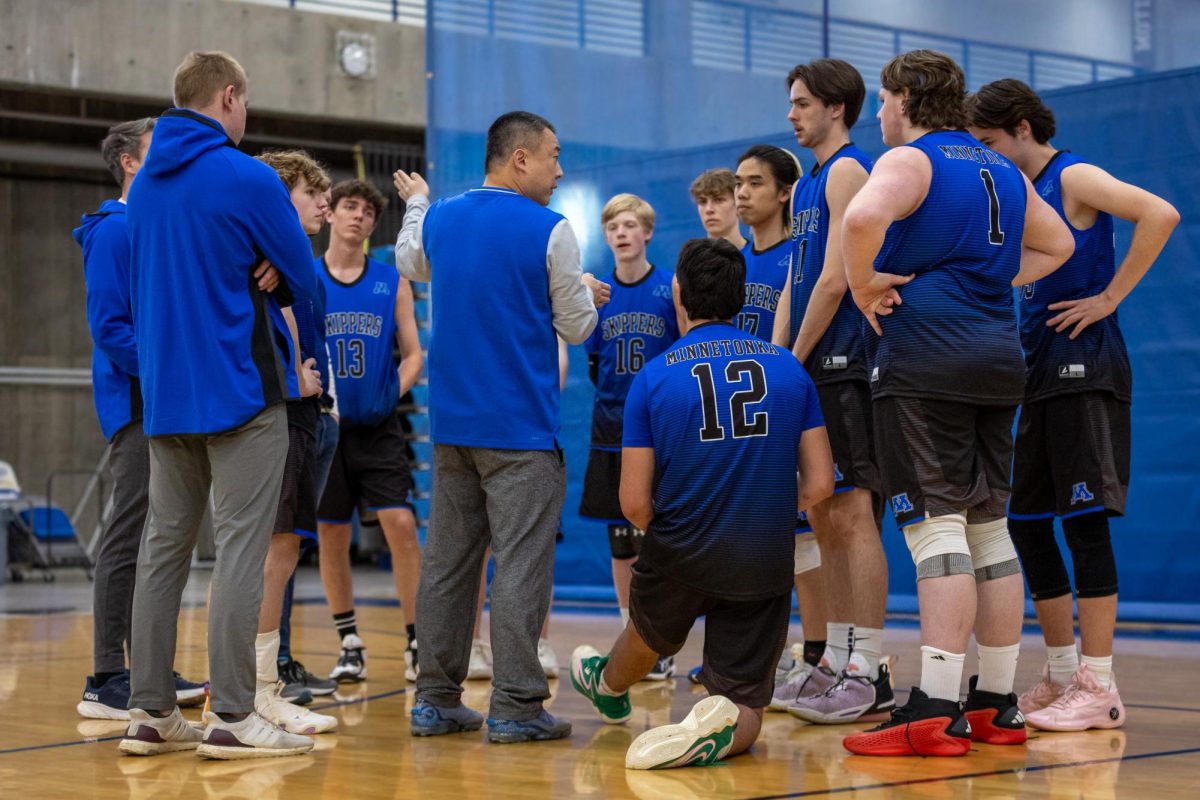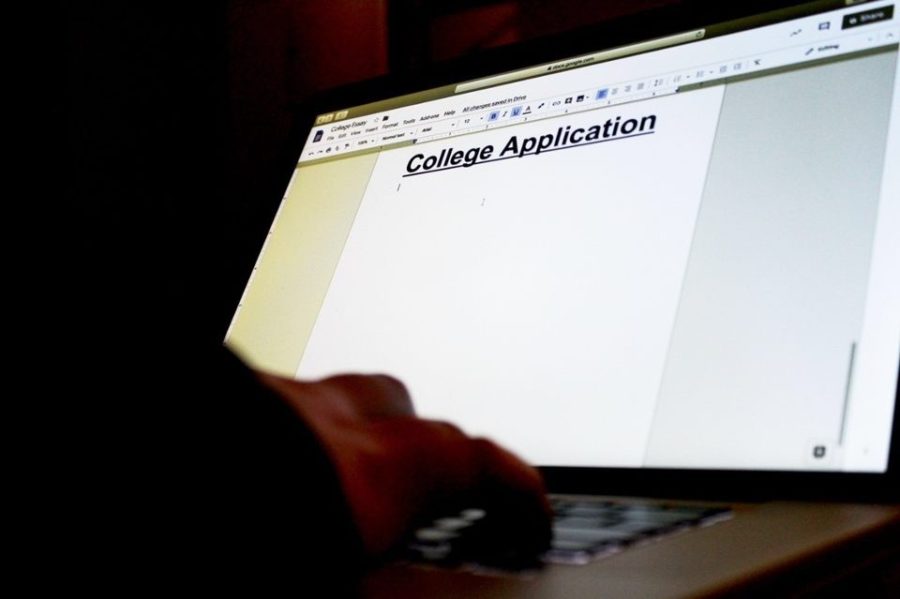The College Admissions Scandal and Financial Bias in College Admissions
April 26, 2019
As many high schoolers may already know, the higher education system in this country is run like a business: it inherently benefits the wealthy and the families who have ready access to additional educational resources. This is particularly true for the most elite higher education institutions in the United States, such as the Ivy League schools. With systems like legacy admissions and favoritism towards generous donors, the college admissions process is obviously leaning towards those with advantages in their economic and family background.
Earlier last month, the Federal Bureau of Investigation disclosed that they were investigating a case involving several affluent families that utilized bribes and an admissions fixer to guarantee that their children would be accepted into several prestigious colleges and universities.
In total, 33 parents were accused of paying up to 25 million dollars to William Singer, the organizer of the scheme, for him to fraudulently boost their children’s test scores and student profiles, as well as directly bribing college officials. Singer owned two firms that were involved in this scandal: Key Worldwide Foundation and The Edge College & Career Network.
According to investigators, Singer, through his two companies, apparently helped over 750 families get their children into prestigious colleges through unethical means. As of April 16, Singer faces felony charges of mail fraud, honest services mail fraud, and money laundering. Some of the colleges that were active participants and recipients of the bribes include the University of Southern California, Georgetown University, Stanford University, Yale University and Harvard University, all of which have acceptance rates of under 20%.
The ever-shrinking acceptance rates of America’s elite universities make it harder and harder each year for students from all walks of life to be accepted. With this growing bottleneck, the financial divides among Ivy-hopefuls has become ever more prominent.
Stanford student Arpi Park says that “there is already an unfair part of the [college admissions] game, and that is the knowledge gap[…] If you want the best chance of getting in, you have to know how to apply correctly.”
Even in this aspect, money can be beneficial. The college counseling industry was worth an estimated two billion dollars in 2018 alone, according to The New York Times. If parents have the ability to pay for counselors, then the knowledge factor is essentially covered for the students. Additionally, many of the higher-paid college consultants are former professors or admissions officers at the upper-echelon universities that have insiders-only information, giving their clients even more of an edge. Students without access to this sort of counseling are at a disadvantage. Even if they are able to find application tips and tricks on Internet forums like College Confidential or Prepscholar, they may not be able to access information that only counselors know, such as what type of students certain schools are looking for, or what opportunities are available to boost one’s resume. So, already at this level, the inequality between students of wealth versus students who lack these financial resources begins to be very obvious.
Apart from the disparity in access to counseling resources, college admissions are already biased towards kids with more money. Not only in the usual cases of kids being able to study abroad, create start-ups, and pay for test preparatory services, but also sometimes abundantly wealthy families can afford to donate money and even buildings to their children’s school of choice. On the other end of the spectrum, there are high-achieving students whose parents have never even attended college or university and can barely afford to send their child to a state school. Elite colleges accept these sorts of kids, not always based purely on academic merit, but also to further their agenda of student background diversity; however, as we can tell by this scandal, colleges may not be as invested in this agenda as they appear to be.
This highlights another significant problem that has been brought to the attention of mainstream media recently: affirmative action and legacy admissions.
In the past two years or so, Harvard University and a number of other Ivy League schools have come under fire for apparently setting a race quota in their admissions process that negatively affects Asian applicants. Even though the affirmative action policy exists in the United States, and even though it should benefit minority students and give them a fair chance at acceptance into institutions of higher education, African American and Latinx students seem to be the only minorities benefitting. Several of these universities’ admissions officers were criticized for consistently evaluating Asian applicants as academically sound, yet having “bad personalities”. This type of blatant bias adds another level of difficulty for certain students to be accepted into higher-level schools, as compared to some other applicants.
Legacy policy also gives an unfair advantage to certain students in the admissions process. If one or more of their parents attended that university, then it is likely that the student will enroll upon acceptance, thus boosting the college’s ranking; also, the family is likely to donate more money to the school if they are legacy, as well.
According to NPR, in 2018, 14% of Harvard University’s undergraduate class was made up of legacy students. Moreover, Students for Fair Admissions concluded that between 2009 and 2015, legacy students were admitted at a rate of 34% at Harvard, as compared to a shockingly low 5.6% admittance rate for regular applicants in 2016. Clearly, the American higher education system is made to benefit certain demographics within the applicant pool, which puts large groups of worthy and high-achieving students at a disadvantage when applying to their dream schools. If in the coming years there is no reform, getting into the Ivy League schools and other highly competitive colleges will be nearly impossible. At this point, students working on college applications can only try to package themselves as the ideal student to the best of their ability, and hope that they will be the lucky candidate who wins the lottery.



